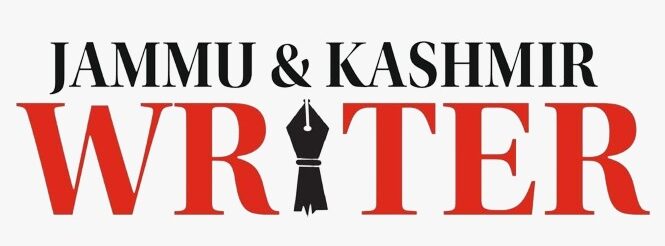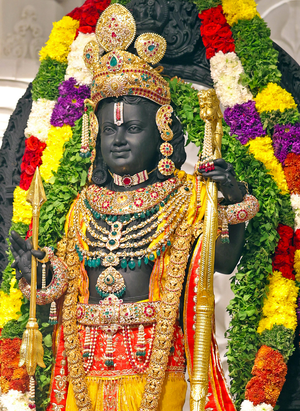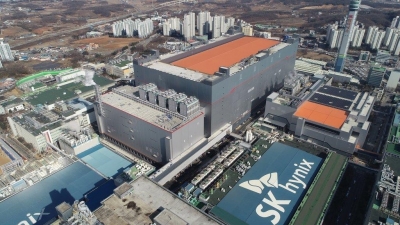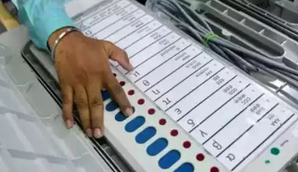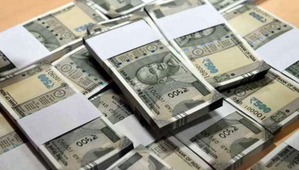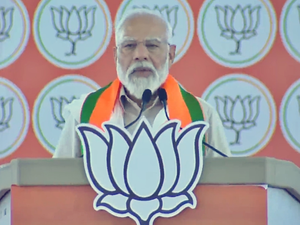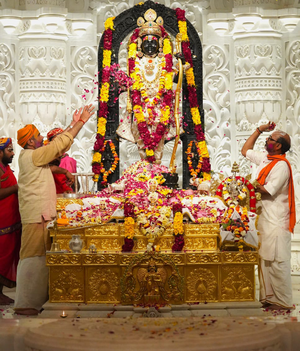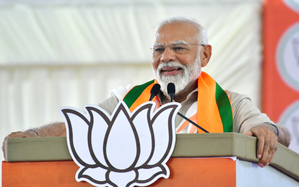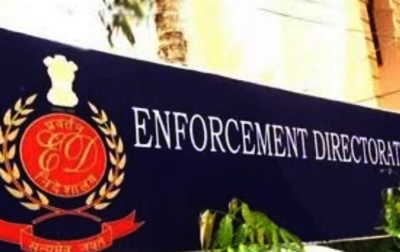Ayodhya (UP), April 9
Huge crowds are expected in Ayodhya on Ram Navami on April 17 to witness the ‘Surya Abhishek’ of Ram Lalla when the rays of the sun fall on his forehead.
Experts from the Central Building Research Institute (CBRI) are already camping in Ayodhya to lay down an optomechanical system on the ground floor of the temple in collaboration with scientists from the Indian Institute of Astrophysics-Bengaluru.
Ram Lalla, the Suryavanshi king of Ayodhya, is expected to be gifted with ‘Surya Abhishek’ at noon on April 17, a phenomenon through which sun rays would be captured and diverted via a series of optical apparatus.
The standard optomechanical setup is a Fabry-Perot cavity, where one mirror is movable, to maximize the response of an optical system to a change in the frequency/wavelength of an input laser.
Using the Fabry-Perot cavity (named after French physicists Charles Fabry and Alfred Perot who developed it in 1897), sunbeams would be guided with utmost precision to illuminate the forehead of the Lord exactly at noon on Ram Navami.
The sun rays would shine on the forehead of Ram Lalla for the next four minutes in a circular form spanning 75 millimetres.
The original plan of the Ram temple trust was to initiate the process after completion of the temple building but following requests of saints and seers, scientists from CBRI volunteered to make the arrangements for ‘Surya Abhishek’ on the first Ram Navami in the newly constructed temple complex.
Temple trust member Anil Mishra said that a team of scientists and experts have been working on the project since Sunday night. After measuring the distance between the forehead of the Ram Lalla idol and the ground of the sanctum sanctorum, the scientists placed stickers strategically at points where mirrors and apparatus would be placed.
Experiments would be conducted over the next few days to identify the best spots for the devices that would be used to reflect the beams. “The weather needs to be clear at that time. That is the only requirement to produce desired results,” he said.
